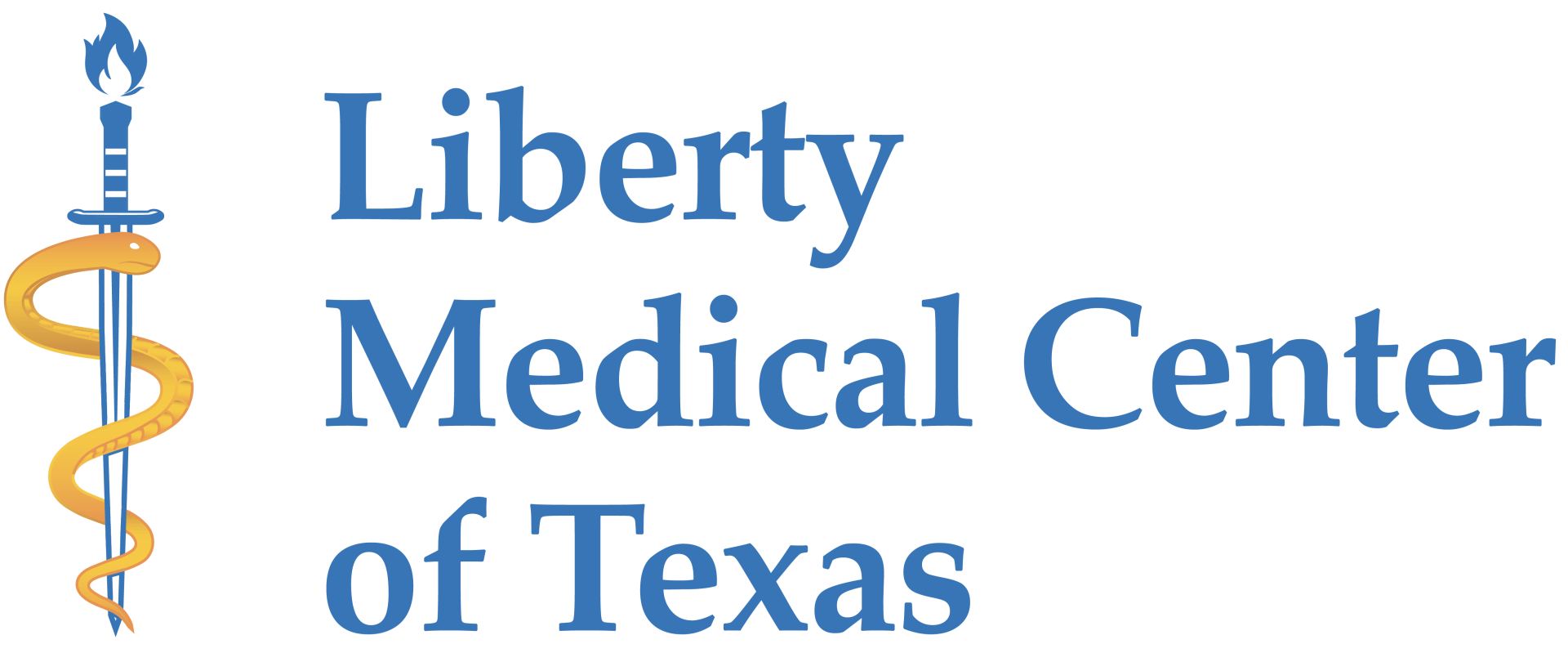 Photo by Kampus Production from Pexels
Photo by Kampus Production from Pexels
A Plant Based Diet for a Healthy Brain
by Matt Booth
Plant-based diets refer to an approach to healthy eating that emphasizes consuming nutrient-rich plant foods such as whole grains, fruits, vegetables, legumes, nuts, and seeds. This type of diet has been linked to numerous health benefits such as improved heart health, decreased risk of diabetes and cancer, and better mental health. A recent 2020 study published in the American Society of Nutrition journal showed greater adherence to a plant-based diet was associated with a substantially lower risk of cardiovascular disease and total mortality in a large population of Veterans of the United States Armed Forces.
Healthy plant-based eating also includes minimizing or avoiding processed and unhealthy foods such as refined carbohydrates, trans fats, added sugars, and saturated fats. These types of foods, all though derived from plants, contain fewer beneficial nutrients than plant-based meals and can even contribute to an array of health issues such as obesity, diabetes, heart disease, and stroke.
Do you need to be 100% plant-based to enjoy the benefits of this diet? The answer is no. You can still enjoy some animal meat and dairy products and get the benefits of a plant-based diet. The vitamins and phytonutrients that are only found in plants, contain essential key nutrients needed for a healthy lifestyle. Studies have also shown that certain fruits and vegetables are effective to decrease the risk of some cancers. Dr. William Li, the author of Eat to Beat Disease, says people who have 2 servings of broccoli sprouts per week are less likely to get prostate cancer. These plant-based foods have 50 times more antioxidants than animal-based foods.
Consuming plant-based foods can have a positive impact on mental health as well. Harvard Health has reported over 30 clinical studies have found that plant-based diets can reduce stress and depression, improve cognitive functioning, and enhance overall psychological well-being. These studies have demonstrated that consuming a diet high in omega-3 fatty acids, which are found in foods like chia seeds, walnuts, and flax seeds, can help reduce symptoms of anxiety and depression.
Plant-based meals are rich in folate and omega-3 fatty acids, which promote healthy brain function. For example, Dr. Gregor, author of How Not to Die, says a ½ cup of blueberries can improve cognitive function within just hours. Additionally, consuming leafy green vegetables provides the body with protective compounds that can help protect against neurodegenerative diseases.
Additionally, plant-based diets are typically high in fiber, which is found only in plants. Fiber is essential for proper digestion and gut function. Eating a variety of fresh fruits and vegetables will support the gut flora which can boost your mood and they contain important antioxidants and polyphenols which protect against cellular damage and inflammation, both of which can have negative impacts on your mental well-being. Making the switch to a plant-based diet can be beneficial for both your physical and mental health.
Article Sources:
“Plant-Based Diet and the Risk of Cardiovascular Disease and Mortality” (May 2020) Oxford Academic: Current Development in Nutrition https://academic.oup.com/cdn/article/4/Supplement_2/1502/5844328?searchresult=1
“Eat to Beat Disease: The New Science of How Your Body Can Heal Itself” (2019) Dr. William W. Li
“How Not To Die” (2015) Dr. Michael Gregor
by Matt Booth
Plant-based diets refer to an approach to healthy eating that emphasizes consuming nutrient-rich plant foods such as whole grains, fruits, vegetables, legumes, nuts, and seeds. This type of diet has been linked to numerous health benefits such as improved heart health, decreased risk of diabetes and cancer, and better mental health. A recent 2020 study published in the American Society of Nutrition journal showed greater adherence to a plant-based diet was associated with a substantially lower risk of cardiovascular disease and total mortality in a large population of Veterans of the United States Armed Forces.
Healthy plant-based eating also includes minimizing or avoiding processed and unhealthy foods such as refined carbohydrates, trans fats, added sugars, and saturated fats. These types of foods, all though derived from plants, contain fewer beneficial nutrients than plant-based meals and can even contribute to an array of health issues such as obesity, diabetes, heart disease, and stroke.
Do you need to be 100% plant-based to enjoy the benefits of this diet? The answer is no. You can still enjoy some animal meat and dairy products and get the benefits of a plant-based diet. The vitamins and phytonutrients that are only found in plants, contain essential key nutrients needed for a healthy lifestyle. Studies have also shown that certain fruits and vegetables are effective to decrease the risk of some cancers. Dr. William Li, the author of Eat to Beat Disease, says people who have 2 servings of broccoli sprouts per week are less likely to get prostate cancer. These plant-based foods have 50 times more antioxidants than animal-based foods.
Consuming plant-based foods can have a positive impact on mental health as well. Harvard Health has reported over 30 clinical studies have found that plant-based diets can reduce stress and depression, improve cognitive functioning, and enhance overall psychological well-being. These studies have demonstrated that consuming a diet high in omega-3 fatty acids, which are found in foods like chia seeds, walnuts, and flax seeds, can help reduce symptoms of anxiety and depression.
Plant-based meals are rich in folate and omega-3 fatty acids, which promote healthy brain function. For example, Dr. Gregor, author of How Not to Die, says a ½ cup of blueberries can improve cognitive function within just hours. Additionally, consuming leafy green vegetables provides the body with protective compounds that can help protect against neurodegenerative diseases.
Additionally, plant-based diets are typically high in fiber, which is found only in plants. Fiber is essential for proper digestion and gut function. Eating a variety of fresh fruits and vegetables will support the gut flora which can boost your mood and they contain important antioxidants and polyphenols which protect against cellular damage and inflammation, both of which can have negative impacts on your mental well-being. Making the switch to a plant-based diet can be beneficial for both your physical and mental health.
Article Sources:
“Plant-Based Diet and the Risk of Cardiovascular Disease and Mortality” (May 2020) Oxford Academic: Current Development in Nutrition https://academic.oup.com/cdn/article/4/Supplement_2/1502/5844328?searchresult=1
“Eat to Beat Disease: The New Science of How Your Body Can Heal Itself” (2019) Dr. William W. Li
“How Not To Die” (2015) Dr. Michael Gregor
To become a member and receive our services please apply on our Liberty Medical Center of Texas Form and learn more about how we can help you today.

